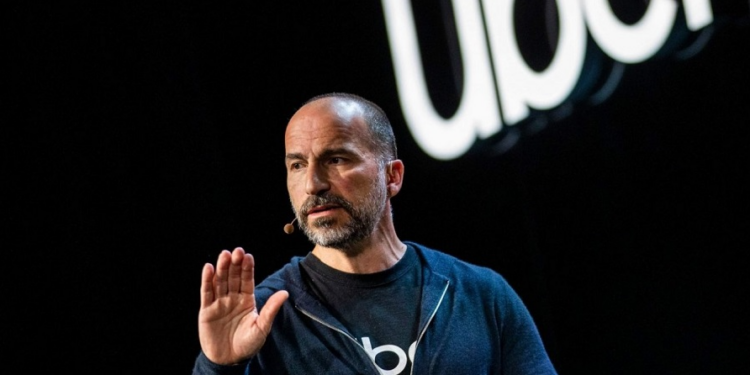Ride-hailing company, Uber, has said it would not be sharing the personal data of its riders with the Lagos State Government.
The company, whose drivers recently had issues with the State’s authority over the data sharing arrangement, said it is cooperating with the government to share data as earlier agreed.
This has, however, raised concern among riders, who felt the government could be monitoring them through the data shared by Uber and other ride-hailing companies.
Responding to Nairametrics’ inquiry on the type of data to be shared with the government, the Country Manager of Uber Nigeria, Tope Akinwunmi, said:
- “As per the Data Sharing Agreement, we agreed to share aggregated trip data which we are complying with. This does not include any personally identifiable information of users.
- “We do the right thing with data and maintain the value of personal data for Uber and our users by handling data as users expect and in line with applicable data protection laws and global best practices.”
API integration
While noting that the initial misunderstanding that led to the impoundment of some cars by the State has now been addressed, Akinwunmi said Uber is now working towards API integration and the timelines for this process have been communicated to the government.
- “We remain committed to honouring the terms of the Data Sharing Agreement which we entered into with the Lagos State Government on 23 January 2024.
- “The signed agreement includes a commitment to share aggregated trip data daily via a secure folder solution, which we have been doing consistently as we work towards API integration,” he added.
Why Lagos government is demanding for data sharing
Clarifying the issue it had with Uber, the Lagos State Commissioner for Transportation, Oluwaseun Osiyemi, in a statement released on Sunday, noted that all e-hailing platforms operating in the state, except Uber, independently signed the data-sharing agreement with the government, aimed at enhancing the security and safety of e-hailing services in the state.
Osiyemi highlighted that the API integration in the data-sharing agreement aims to establish a reliable platform for verifying drivers and passengers, ensuring compliance with background checks, vehicle inspections, and licensing requirements for e-hailing services.
- “This will significantly reduce the risk of unauthorized or unqualified individuals operating as drivers, enhancing the overall safety and trustworthiness of the e-hailing platforms,” the Commissioner added.
The Commissioner further noted that the introduction of an API with e-hailing platforms for real-time tracking in Lagos State will enable the government to respond promptly in emergencies, providing an additional layer of protection to users.
The Commissioner emphasized that many countries and states globally have adopted API integration for real-time data sharing during trips, highlighting Lagos State’s prompt adoption as a pacesetter in Nigeria, showcasing API integration as an exemplary practice.















